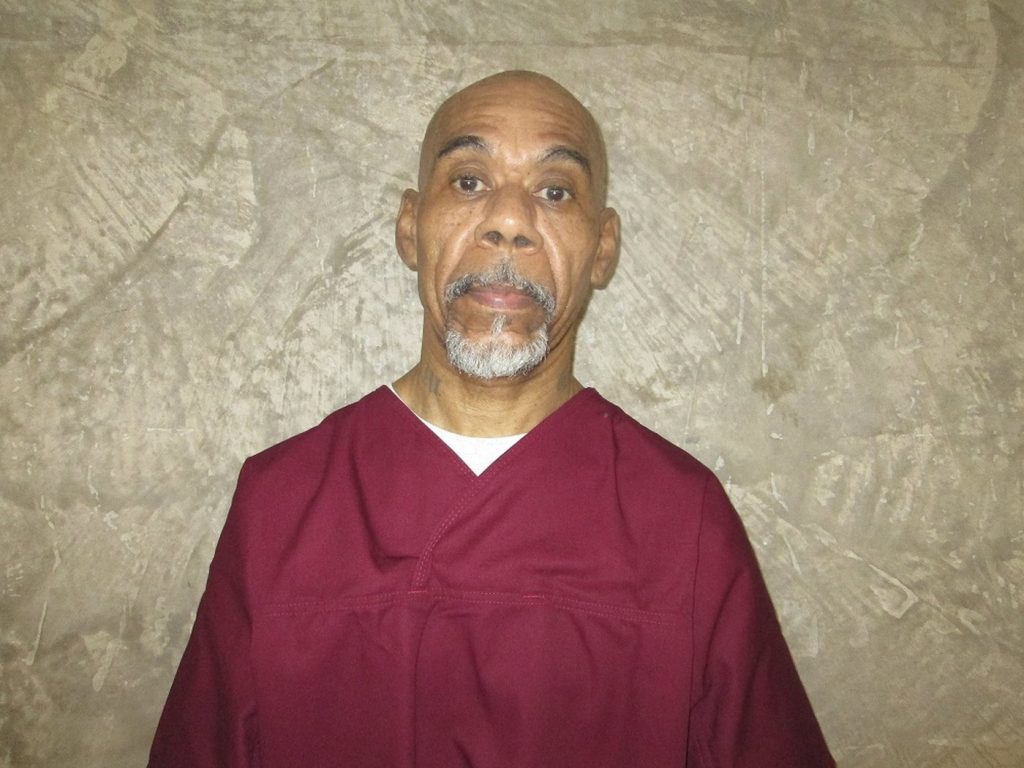OKLAHOMA CITY (AP) — An Oklahoma appeals court ruled on Wednesday to lift a previously imposed stay of execution for John Fitzgerald Hanson, a man on death row. This decision paves the way for his scheduled lethal injection for the 1999 murder of Mary Bowles, a woman from Tulsa. Hansen, 61, had originally been set to be executed this Thursday.
The stay of execution was temporarily granted by a district court judge earlier this week. This move followed arguments from Hanson's attorneys, who asserted that he did not receive a fair clemency hearing before the state’s Pardon and Parole Board. In response, the Oklahoma Court of Criminal Appeals ordered that this temporary stay be removed, allowing the execution to proceed as planned.
Hanson’s legal team contended that the clemency hearing's outcome—a 3-2 vote against recommending clemency—was compromised. They pointed out that one board member had previously worked for the district attorney’s office that prosecuted Hanson’s case. However, the Oklahoma Attorney General’s Office argued that the district court judge lacked the authority to issue such a stay on execution grounds.
In its ruling, the appeals court stated that even if the vote of the board member in question were disregarded, the remaining votes would still not result in a recommendation for clemency. The court described the district judge’s order as “an extreme and unwarranted measure,” emphasizing the procedural validity of the clemency hearing and its outcomes.
In addition to the ongoing developments regarding his execution, Hanson has a separate appeal pending before the U.S. Supreme Court. This appeal focuses on claims that prosecutors failed to disclose important information about a key witness to his defense team during the initial trial proceedings.
Hanson was sentenced to death in Tulsa County after being convicted of serious crimes including carjacking, kidnapping, and the murder of Mary Bowles. Reports indicate that he and an accomplice kidnapped Bowles from a shopping mall in Tulsa. Prior to his sentencing, Hanson was serving a life sentence in federal prison in Louisiana for unrelated federal convictions.
Significantly, in March 2020, Hanson was transferred to Oklahoma custody. This transfer was expedited by the Trump administration as part of a broader effort that included a sweeping executive order aimed at actively supporting the death penalty in the United States.
This ongoing case reflects the complex interplay of legal, ethical, and procedural elements surrounding capital punishment in the U.S., as it raises critical questions about the fairness of trial procedures and clemency processes.











